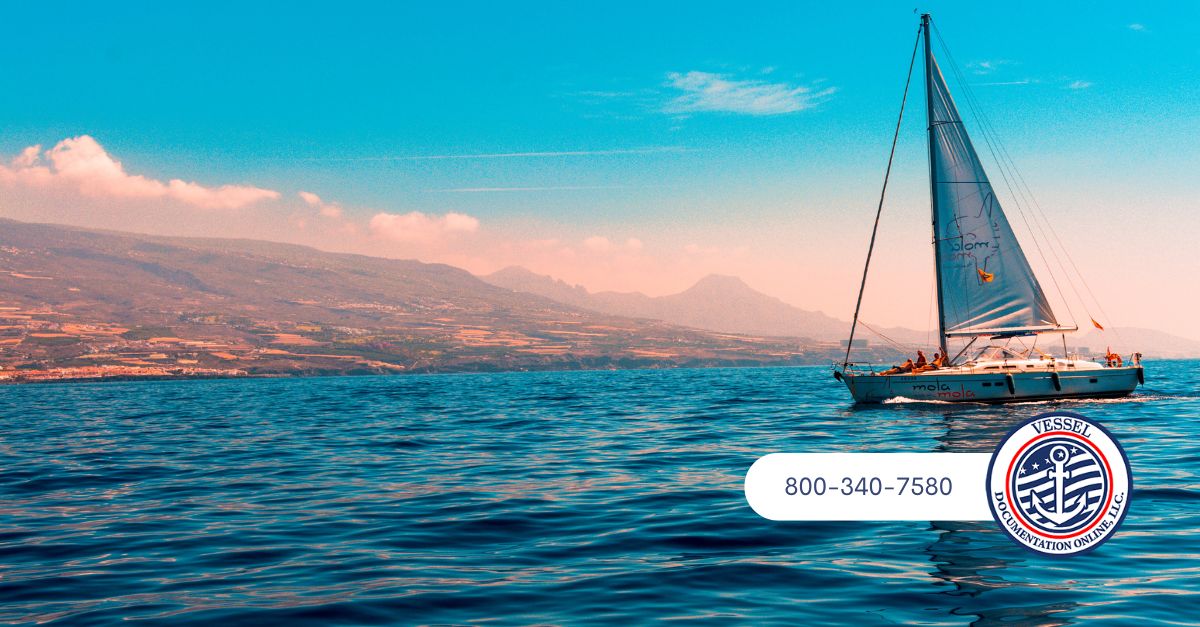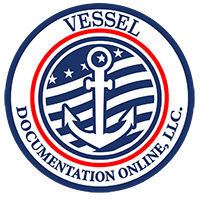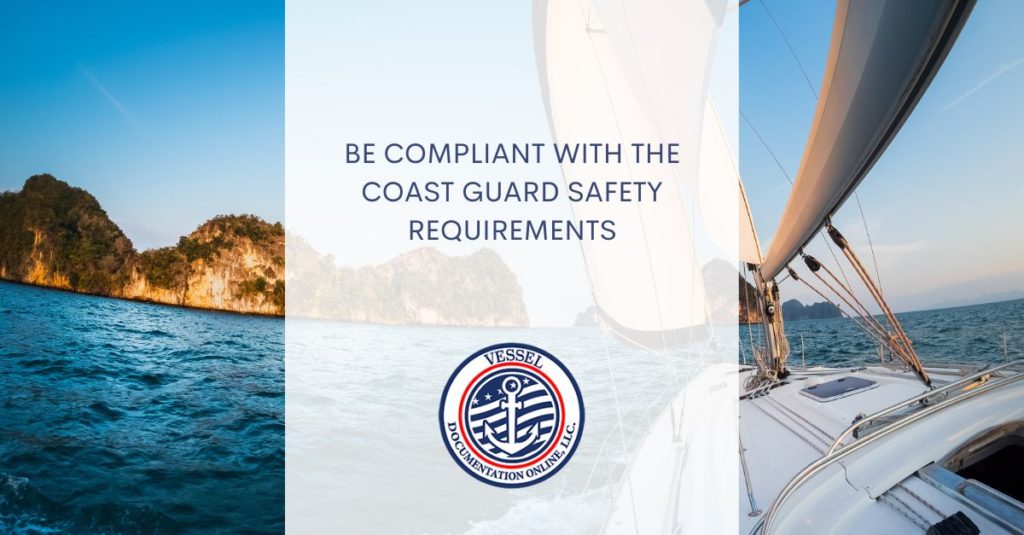When you own or operate a boat, whether for commercial or recreational purposes, it’s important to be aware of the Coast Guard safety requirements that go along with it. In addition to following the laws regarding safety on the water, there is some safety equipment that you must have on board your vessel at all times. Here’s what to include.
Personal Flotation Device (PFD)
Also known as a life jacket, you must have a PFD on board for all passengers. There are many styles and sizes of personal flotation devices, so make sure you have a selection as the life jacket doesn’t offer the proper safety if it’s too large or too small.
Sound Producing Devices
In an emergency, a sound producing device can be used to alert other boaters that you need assistance. This might be a whistle, air horn or other device that emits a loud sound.
Fire Extinguishers
In case of fire, a fire extinguisher is a required piece of equipment that can save your boat and save lives. Keep it where it’s easy to get to and ensure that it’s operable by checking it according to guidelines.
Visual Distress Signals
If there aren’t any boats close enough to detect a sound producing device, it’s imperative to have a visual distress signal that can also be used if there is an emergency. This could be a flare or smoke producing instrument. At night, you can also use an electric distress signal and in the daytime, you can use an orange distress flag.
Marine Sanitation Devices (MSD)
These are used to create safe drinking water on board the boat. Some such products expire, so check them often and replace as necessary.
Backfire Flame Arrestors (BFA)
This device can reduce the size of a fire, should it occur in the engine. Without it, you risk damage or loss of the boat and risk of injury or death to its passengers.
Ventilation for Engines
Ventilating the engine on your boat properly is important for correct and efficient function, but it’s also necessary for safety so be sure yours is working as it should by checking it often.
Navigation Lights
If you operate your boat at night, it makes it much easier to navigate if you have lights to illuminate your way. Even if you don’t spend much time on the water after dark, you are still required to have lights on the boat for safety reasons.
Copy of Inland Navigation Rules
This document should be located on board your boat and details the navigation rules set forth by the U.S. Department of Transportation and the United States Coast Guard. Refer to it if you ever have questions about the guidelines or getting around on the water.
Oil and Garbage Placards
These placards outline the rules regarding use and disposal of oil and refuse on board your boat. Refer to them as needed.

You might also consider having a VHF radio, a first aid kit and extra fuel on your vessel. If you have more questions about the Coast Guard safety requirements, contact the Vessel Documentation Center and we can help.




